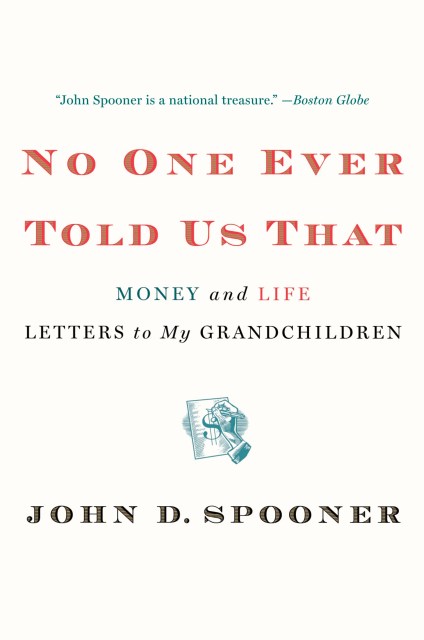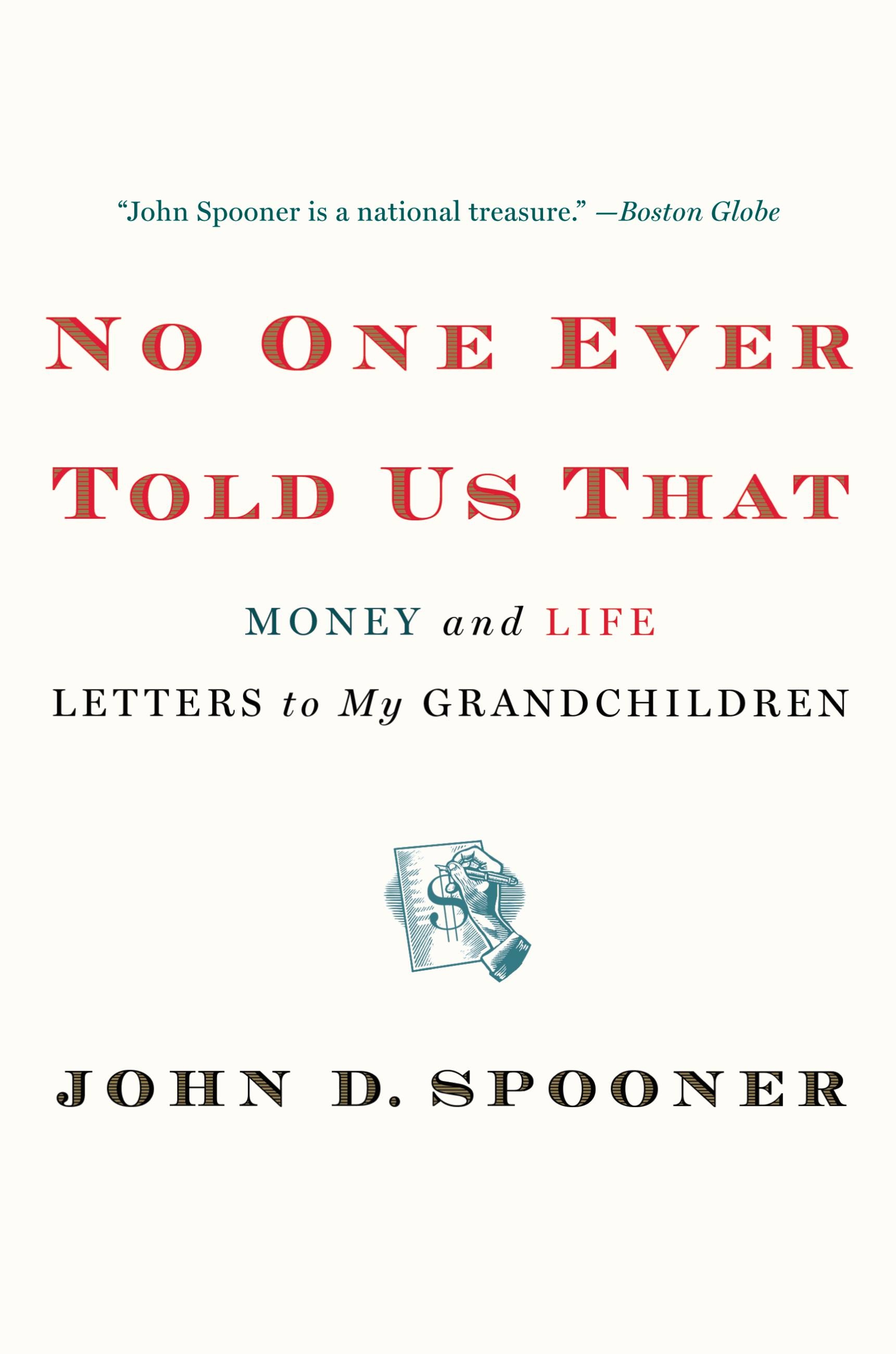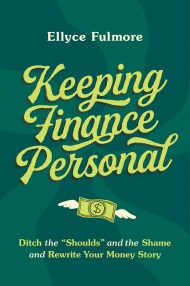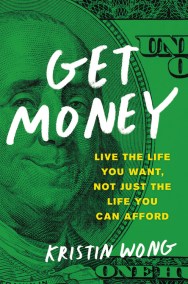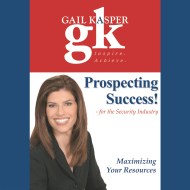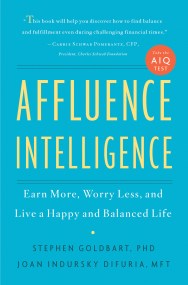Promotion
Use code MOM24 for 20% off site wide + free shipping over $45
No One Ever Told Us That
Money and Life Letters to My Grandchildren
Contributors
Formats and Prices
Price
$36.00Price
$46.00 CADFormat
Format:
- Hardcover $36.00 $46.00 CAD
- ebook $9.99 $11.99 CAD
- Audiobook Download (Unabridged)
This item is a preorder. Your payment method will be charged immediately, and the product is expected to ship on or around April 3, 2012. This date is subject to change due to shipping delays beyond our control.
Also available from:
This is the book that every grandparent (or parent) has always meant to write for their children…. but has never found the time to do so.
In short, John D. Spooner has been carefully crafted a series of essential life lessons that every young person just out of college or high school needs to read before they embark upon their own life’s adventures.
Told in friendly and reassuring tones, Spooner relates wonderful stories to illustrate and gently guide the next generation of what they can expect when searching for a job, how to know if you’ve found the right spouse, insights on how to plan for one’s financial future, how the internet has changed our lives, dealing with adversity in life, and much, more more.
No One Ever Told Us That condenses all of this key information into one volume – and it’s presented in a clear-eyed way that only a loving grandparent can.
For decades, John D. Spooner has been one of America’s leading financial advisors. Now, as his own grandchildren are on the frightening cusp of adulthood, Spooner has chosen to impart his wisdom to them — and to readers everywhere — in the form of old-fashioned letters.
In short, John D. Spooner has been carefully crafted a series of essential life lessons that every young person just out of college or high school needs to read before they embark upon their own life’s adventures.
Told in friendly and reassuring tones, Spooner relates wonderful stories to illustrate and gently guide the next generation of what they can expect when searching for a job, how to know if you’ve found the right spouse, insights on how to plan for one’s financial future, how the internet has changed our lives, dealing with adversity in life, and much, more more.
No One Ever Told Us That condenses all of this key information into one volume – and it’s presented in a clear-eyed way that only a loving grandparent can.
For decades, John D. Spooner has been one of America’s leading financial advisors. Now, as his own grandchildren are on the frightening cusp of adulthood, Spooner has chosen to impart his wisdom to them — and to readers everywhere — in the form of old-fashioned letters.
Genre:
-
Having grandchildren has been one of the amazing, unexpected joys of my life. In this book, John Spooner does what all grandparents hope to do for their grandchildren. He takes the life and career experiences he has had and finds a beautiful way to share the lessons learned with his grandchildren so that their lives may be better. All grandparents would wish to do the same.
--Coach Mike Krzyzewski, Duke University men's basketball coach and a grandfather
-
John Spooner is smarter about money and about life than almost anyone I know. As a blessing for all our grandchildren, he has written down what he has learned. Through charming storytelling, John shares his wisdom. Grandchildren and grandparents alike are the beneficiaries.
-- Shelly Lazarus, Chairman, Ogilvy & Mather Worldwide and a grandmother
-
Spooner is a phenomenon, as much a psychologist and futurist as an investment advisor.
-- Inc. Magazine
-
I began listening to John Spooner's life lessons in 1974 - the value of handwritten notes, being held accountable, the unexpected laugh, the importance of being uncomfortable in another country, not our own, and, above all, attempting to have a deep and bountiful heart. It's all here, just open to any page.
- - Lesley Visser, Hall of Fame Sportscaster
- On Sale
- Apr 3, 2012
- Page Count
- 256 pages
- Publisher
- Business Plus
- ISBN-13
- 9781455511556
Newsletter Signup
By clicking ‘Sign Up,’ I acknowledge that I have read and agree to Hachette Book Group’s Privacy Policy and Terms of Use
